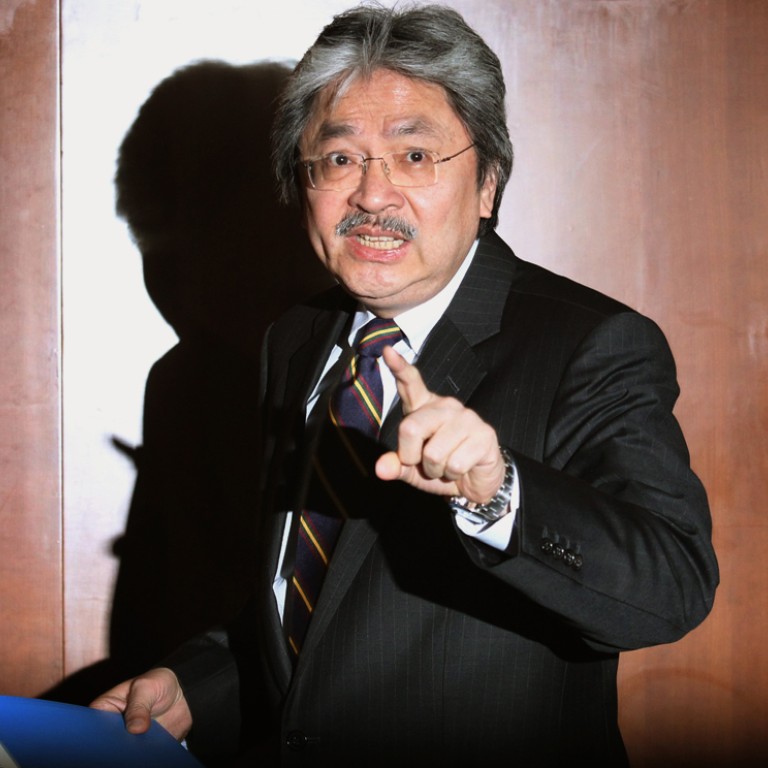
John Tsang's modest spending cuts a wise measure
Spending cuts are difficult to sell, even more so when there is seemingly no urgent need for such measures. That explains why the public appeared to be sceptical when John Tsang imposed a 1 per cent saving in expenditure on all government bureaus and departments over the next two years.
Spending cuts are difficult to sell, even more so when there is seemingly no urgent need for such measures. That explains why the public appeared to be sceptical when John Tsang Chun-wah imposed a 1 per cent saving in expenditure on all government bureaus and departments over the next two years. Unpopular as it is, the move is understandable as public spending continues to balloon.
The financial secretary had already paved the way for the cut when he warned in his budget in February of a structural deficit. He said as the population ages, our workforce shrinks and economic growth slows. If spending growth outpaced revenue growth consistently, a deficit would be inevitable. He said all departments should consider how best to consolidate services and funding schemes, and phase out outdated and redundant items. Alas, the message was buried by noise over reduced goodies and relief measures for the public.
No leaders take unpopular steps unless they are absolutely necessary. Our government knows this only too well from its battles to tackle several financial downturns since the handover. Although such painful experiences may be distant memories for many, few departments will forget the steep cuts imposed by Tsang's predecessor at the turn of the millennium. The accumulative 5 per cent cut resulted in massive government job cuts and service downsizing, and the grievances are still echoing in the senior echelons of the civil service today.
Tsang has not shied away from difficult decisions. Worried by slower-than-expected economic growth and spending commitments in coming years, he asked all departments to explore ways to make savings. As the target is relatively mild, resistance might not be as strong as in earlier times of economic woe. Tsang has rightly taken action before it is too late.
There are always those who believe such doom-and-gloom scenarios are a case of crying wolf. But instead of opposing public service cuts, they should be asking whether resources can be spent more effectively. The modest saving target has given departments a gentle push to trim the fat. A promise that the government will not turn off the money tap is reassuring. Savings will be centralised and redeployed to new services.
The cuts should be the first of many more steps to strengthen fiscal health and discipline. Spend in areas of needs; and spend wisely.

